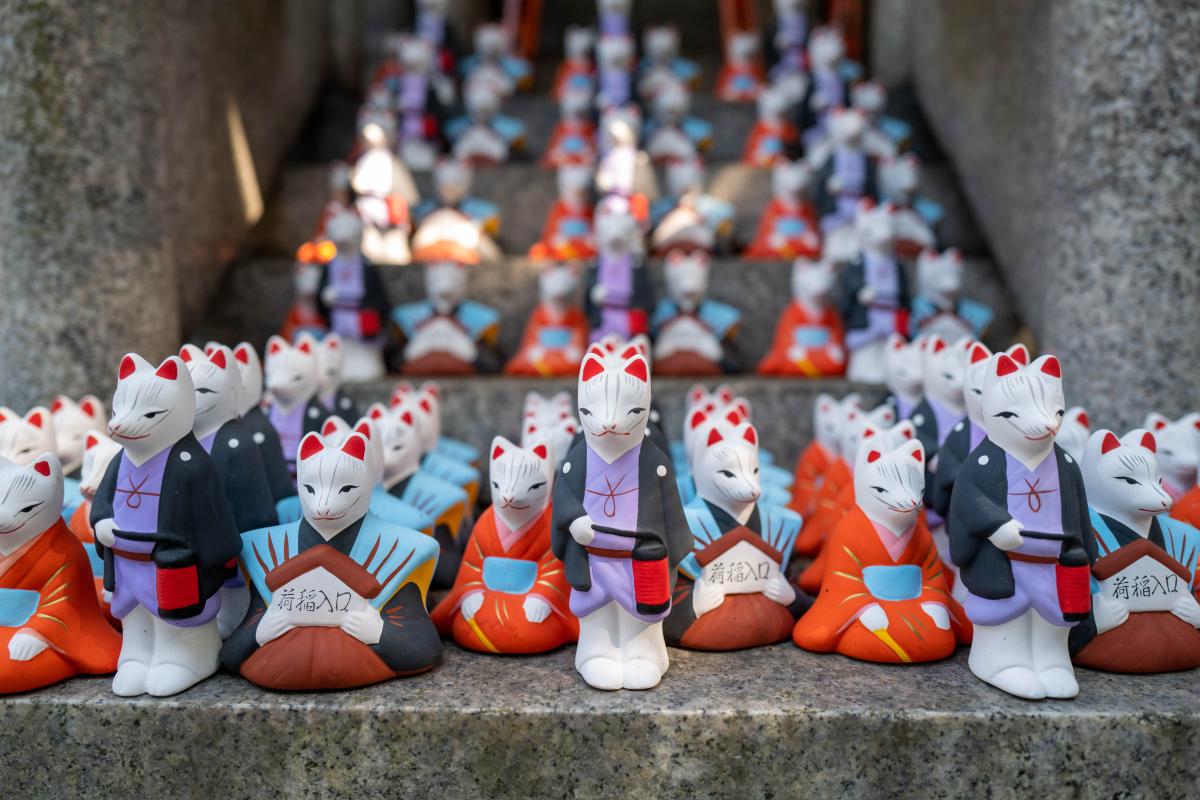
Manga will no longer hold any secrets for you!
There are some very common words in manga, which greatly facilitate the understanding of the Japanese universe.
Hierarchical classifications with suffixes
In Japan, politeness and the titles given to people are extremely codified. You don't use the same way of speaking to someone if you are their friend, their superior, a member of their family... Note that people are called by their family name, unless you are really close to them.
- Chan : this is an affectionate suffix, attributed to children or young girls.
- Kôhai : it is used to designate a young student or an apprentice. It is used at school, at work, or in sports clubs
- Sama : it is related to a noble person, or a deity.
- Kun : this suffix marks a form of respect between two people of the same age.
- San : the closest thing to "Madame/Monsieur" in French. It shows respect and lack of connection.
- Sensei : used when talking to a master, sensei represents a doctor, a school or sport teacher.
- Senpai : used to address an elder, someone more experienced, here also in school, sports or work contexts.
Words from everyday Japanese life
There are a lot of terms that come up in manga. Many of them define things that only exist in Japan.
- Onsen : literally means "hot spring", onsen are the Japanese thermal springs. There are several codes not to be broken to access them, such as not having tattoos. (this is due to the yakuza, the Japanese mafia)
- Yukata : this is a light kimono, worn in summer and during festivals.
- Dogeza : Japanese people are very polite and have several ways of apologising. One is to kneel down in front of the person you have disappointed, with your hands on the ground and your head bowed.
- Samouraï : the equivalent of medieval knights in Europe, samurai were skilled warriors who left a deep mark on the culture and iconography of the country.
- Seppuku : in a less cheerful context, this term refers to a way of killing oneself. It is a ritual that consists of cutting one's stomach open horizontally. This was practiced by men, while women did the Jigai, where the throat is cut.
- Bentô : this is the dish eaten when one is on the move, at lunchtime at work or at school. It comes in a box, often with compartments that stack up.
Common expressions in manga
- Otaku : the equivalent of the term "geek", otaku refers to a person who devotes a lot of time to their passion. It is often a slightly pejorative term.
- Kawaii : used to refer to something adorable or cute. It graphically represents a simple drawing style, with big bright eyes and a mouth that makes a little pout.
- Yôkai : in Japanese culture, the supernatural has a strong presence. This generic word is used to designate ghosts, monsters and spirits.
- Tsundere : used to refer to a person who is rather closed and cold at first, but who relaxes over time and becomes warmer.
This small overview of words and expressions found in manga will help you to better understand certain situations. Most of the time, the publisher who translates the manga puts a definition at the bottom of the page when such a term appears.
And if you are passionate about the Japanese language and culture, there is nothing better than taking a comic book/manga drawing course to learn to draw and share your interests. Apolline offers courses in Lausanne, Morges, Montreux, Bienne and Delémont. And to deepen your knowledge even more, you can take part in the comic/manga drawing holiday camps which take place throughout French-speaking Switzerland during the school holidays!
